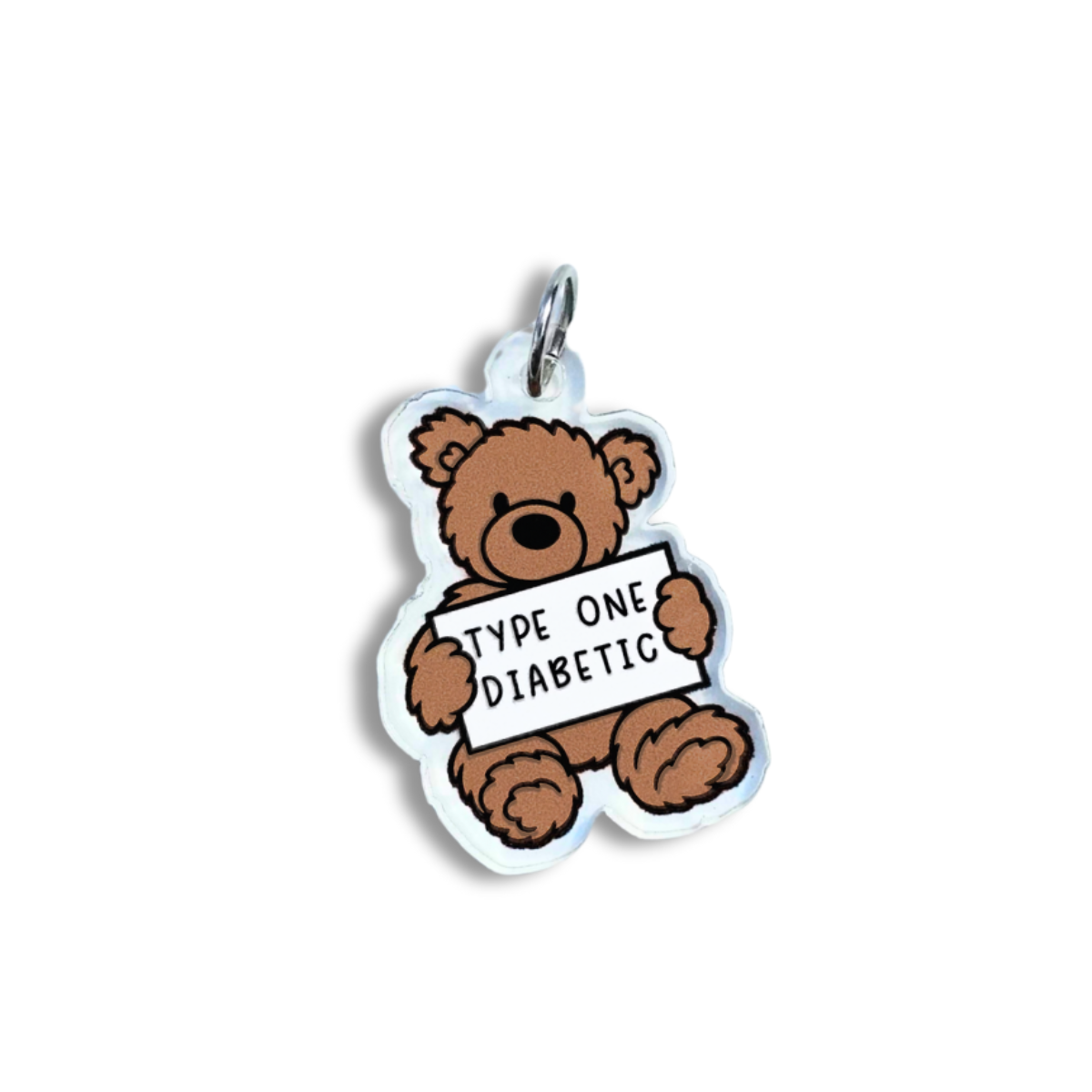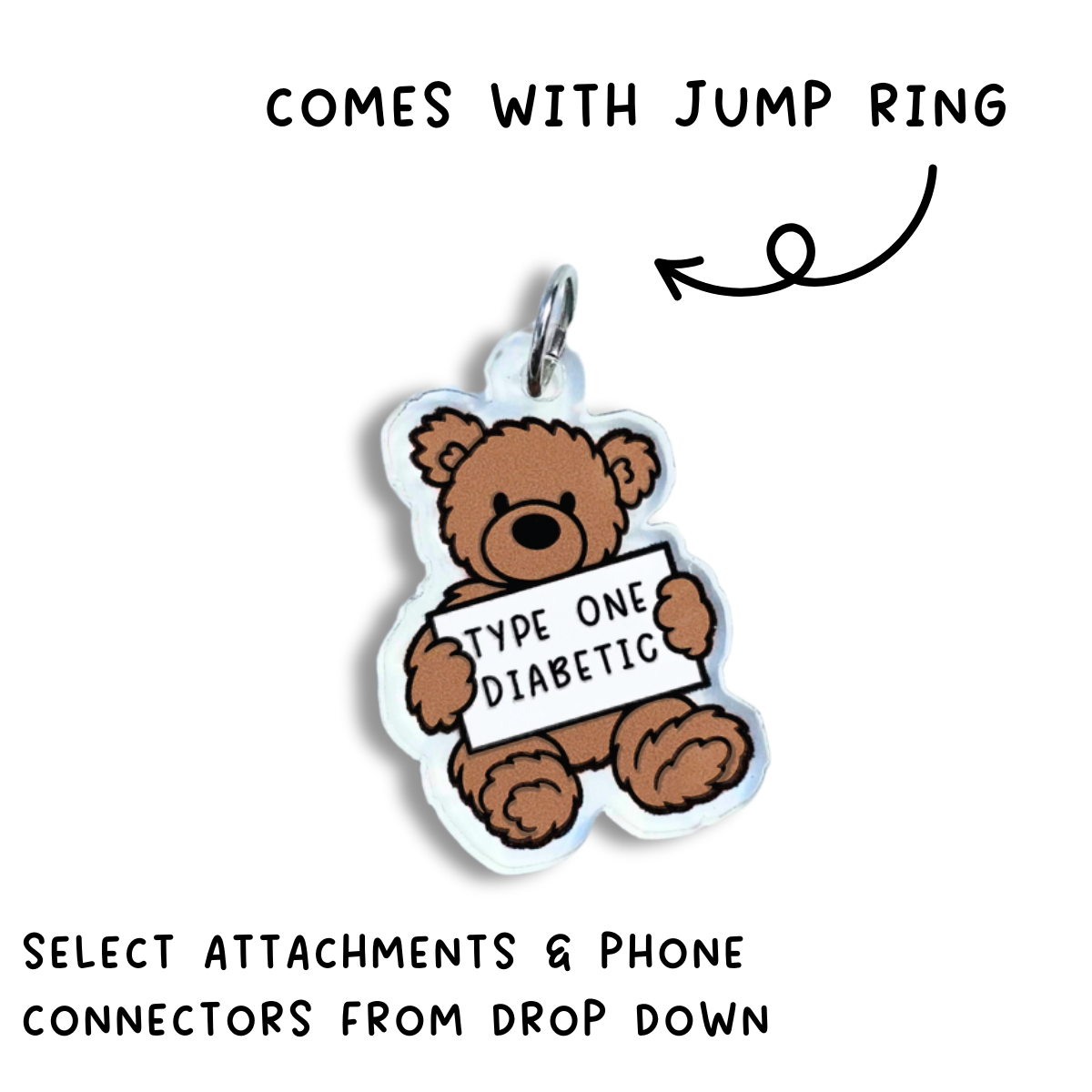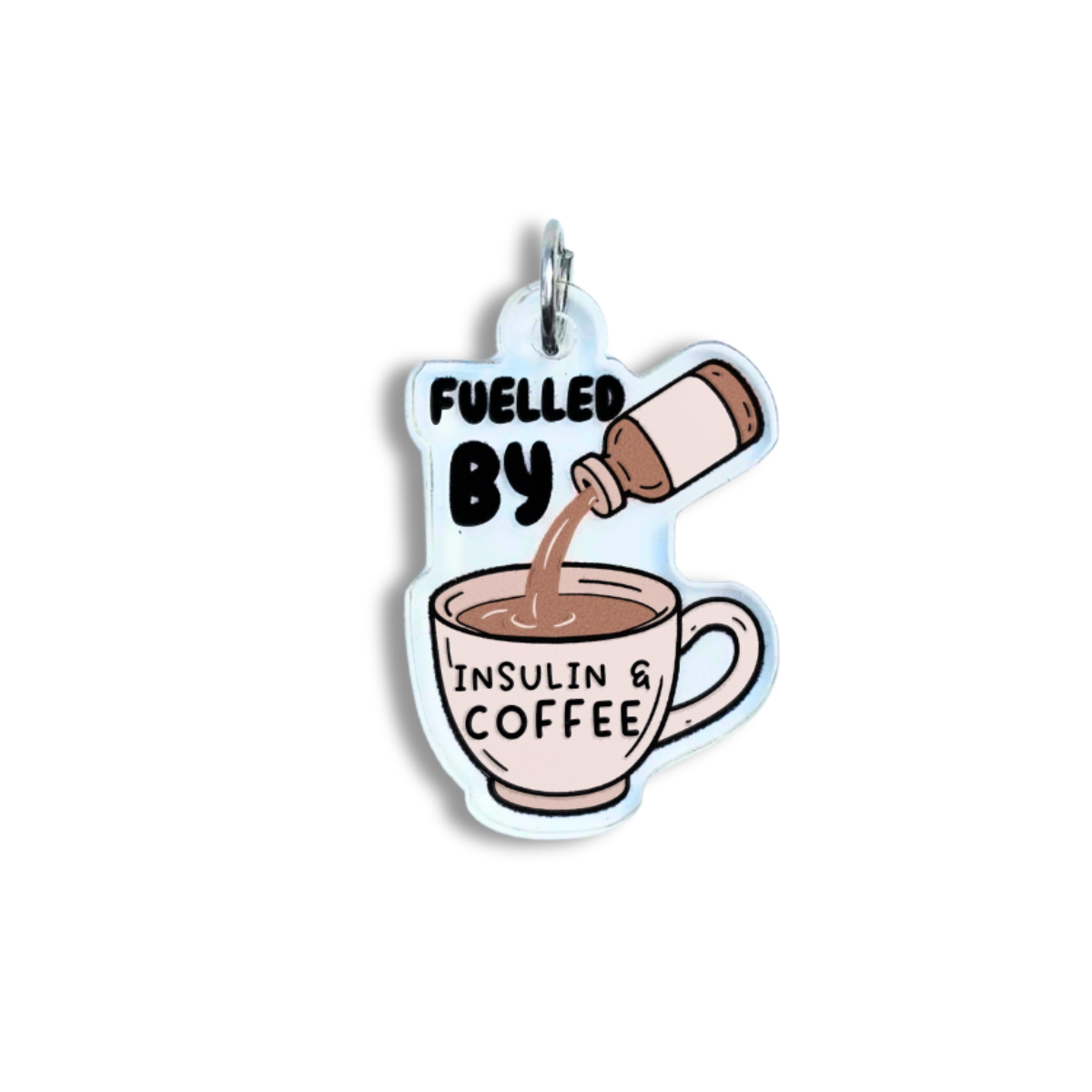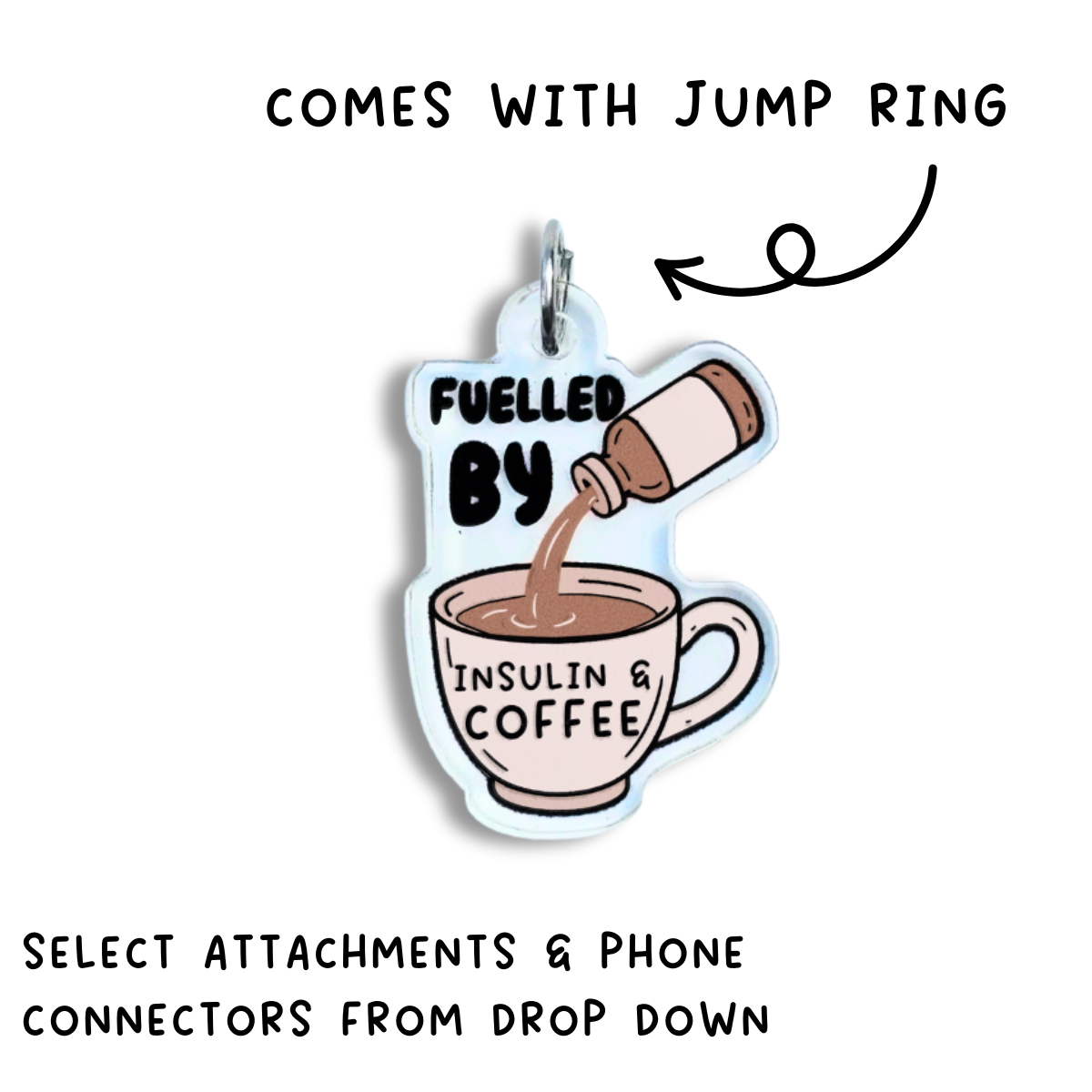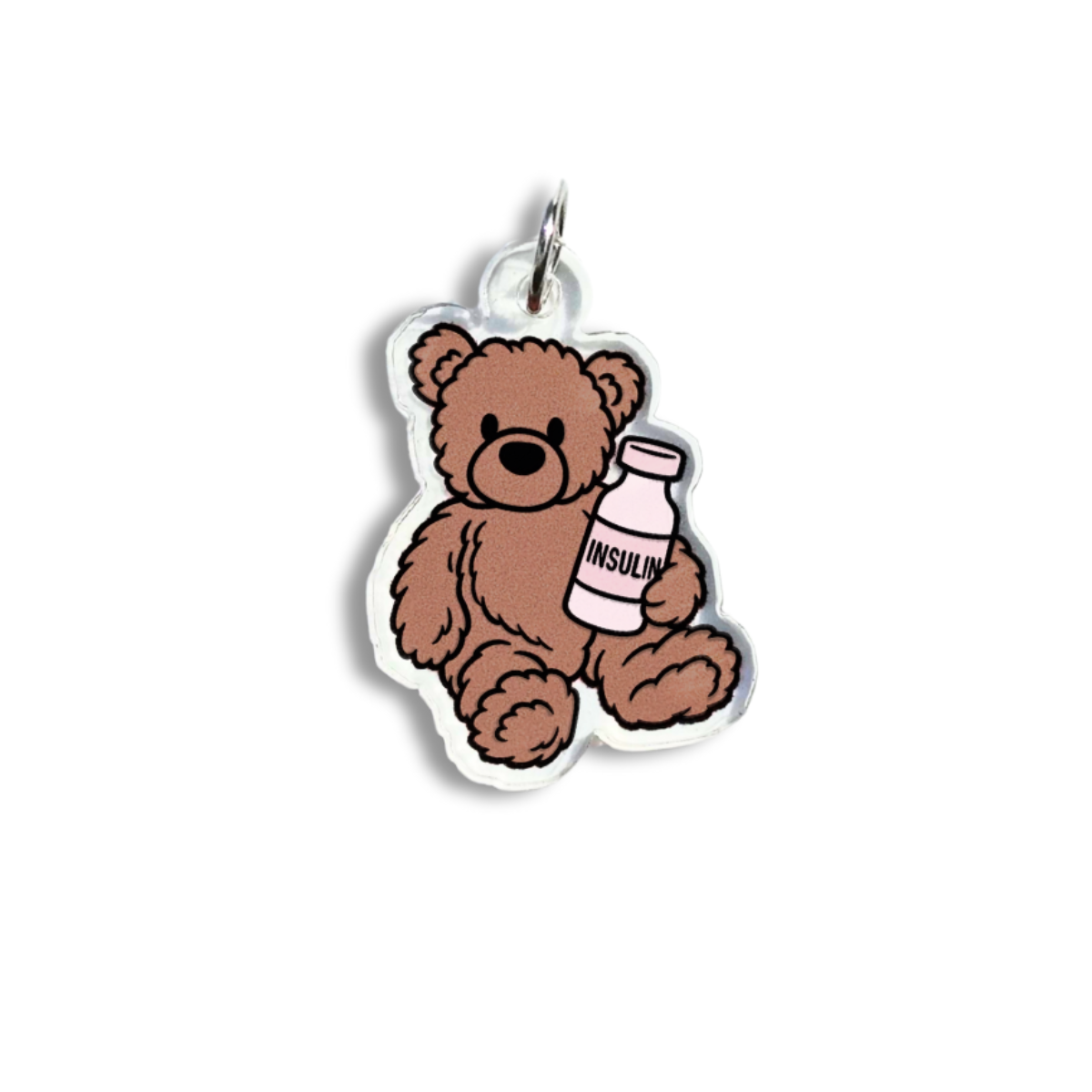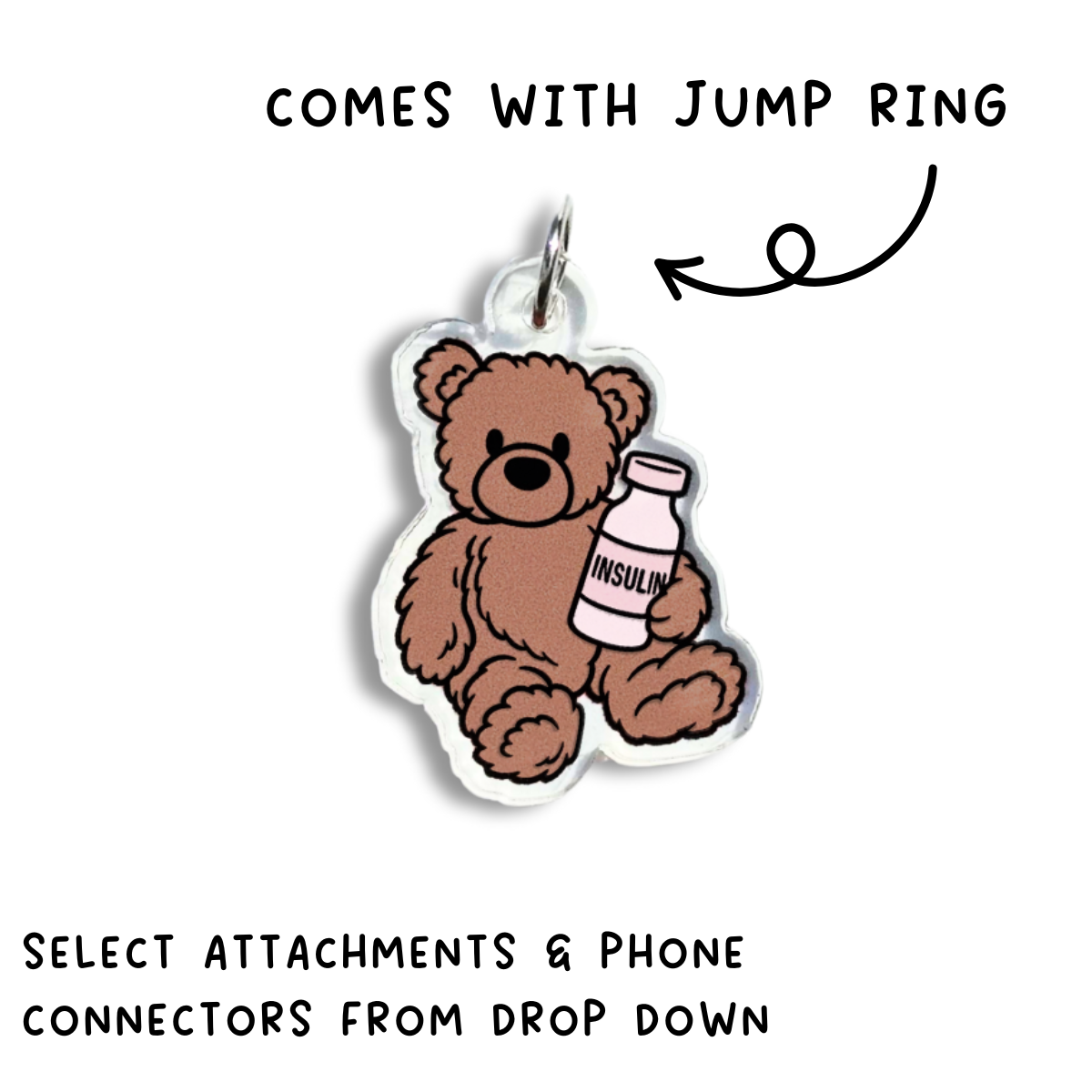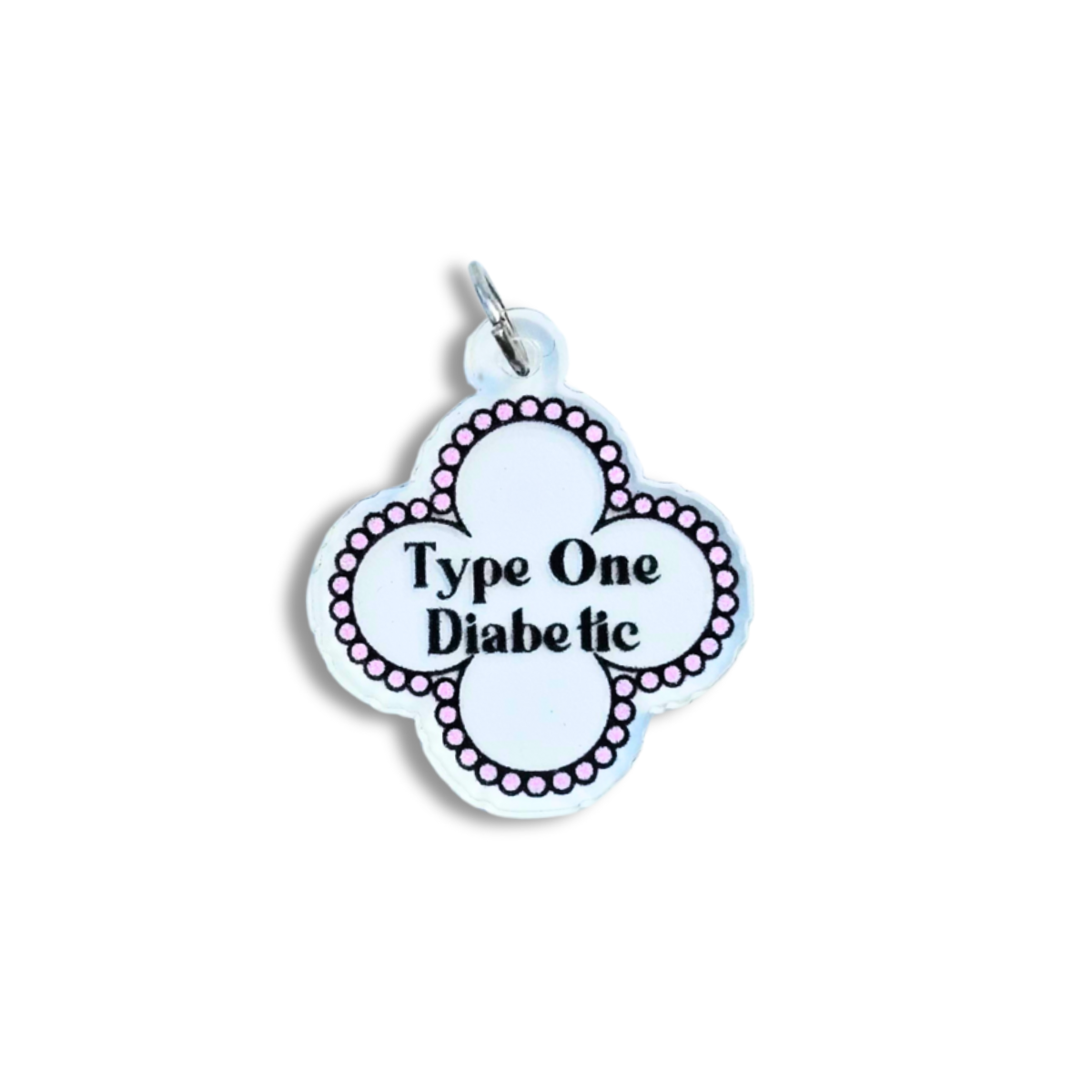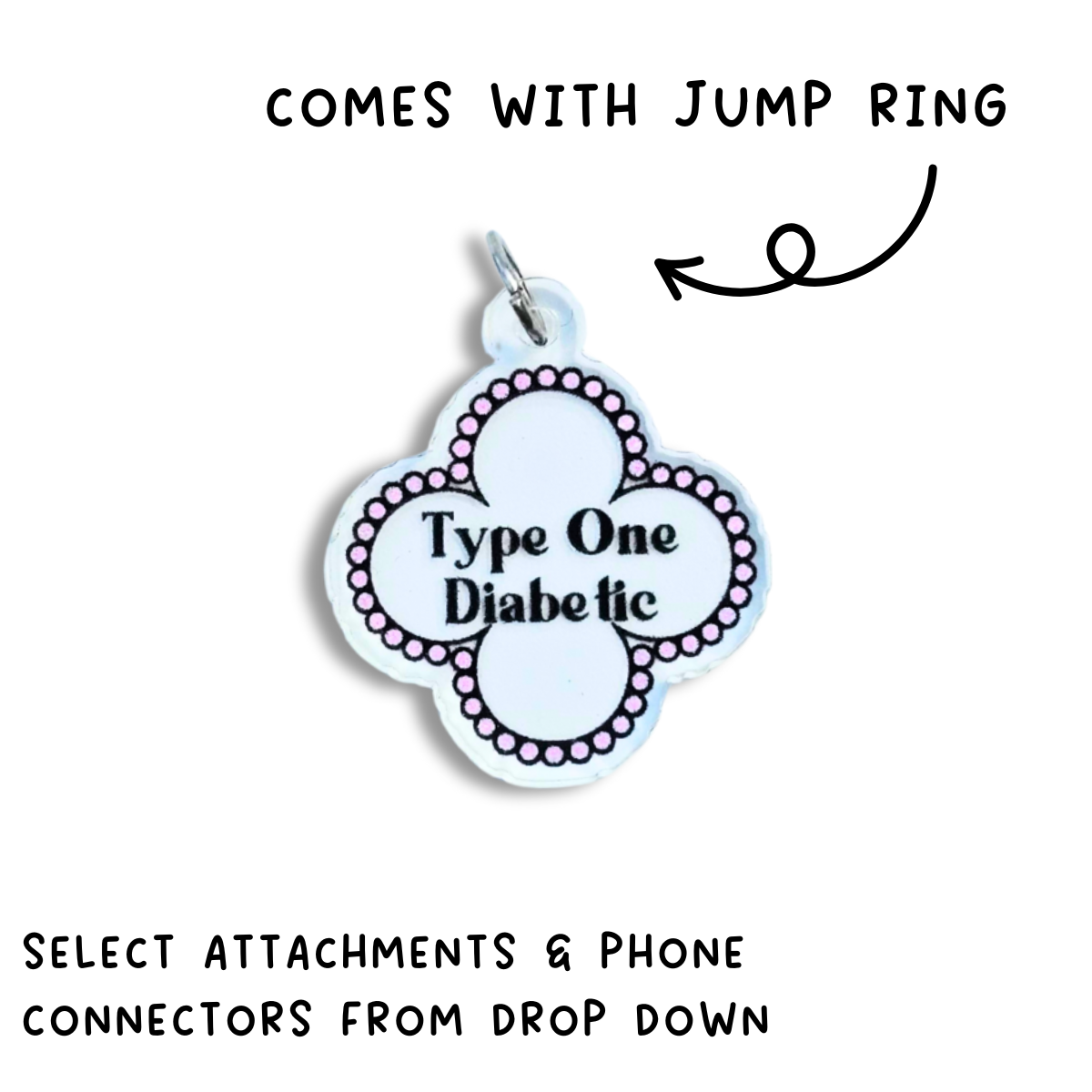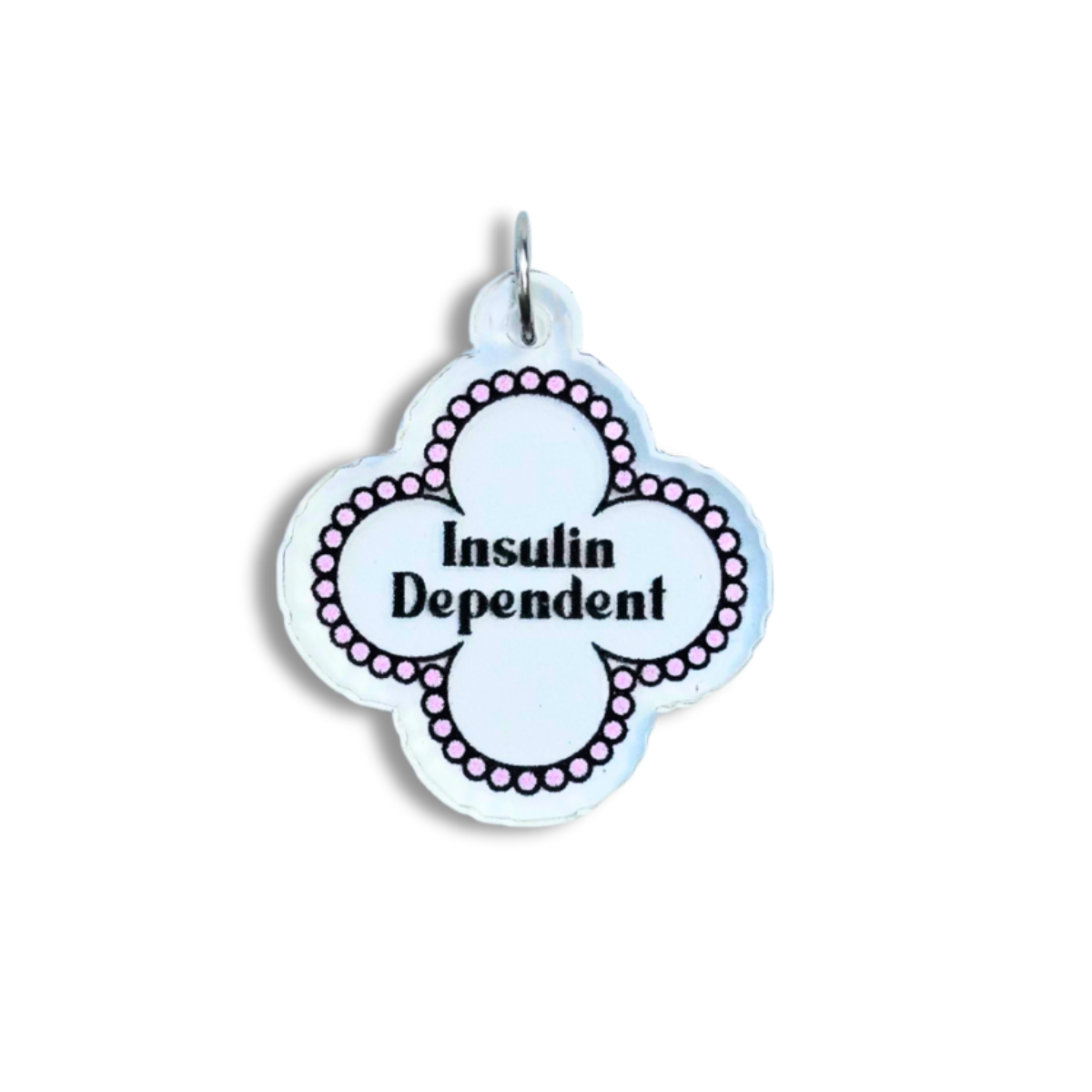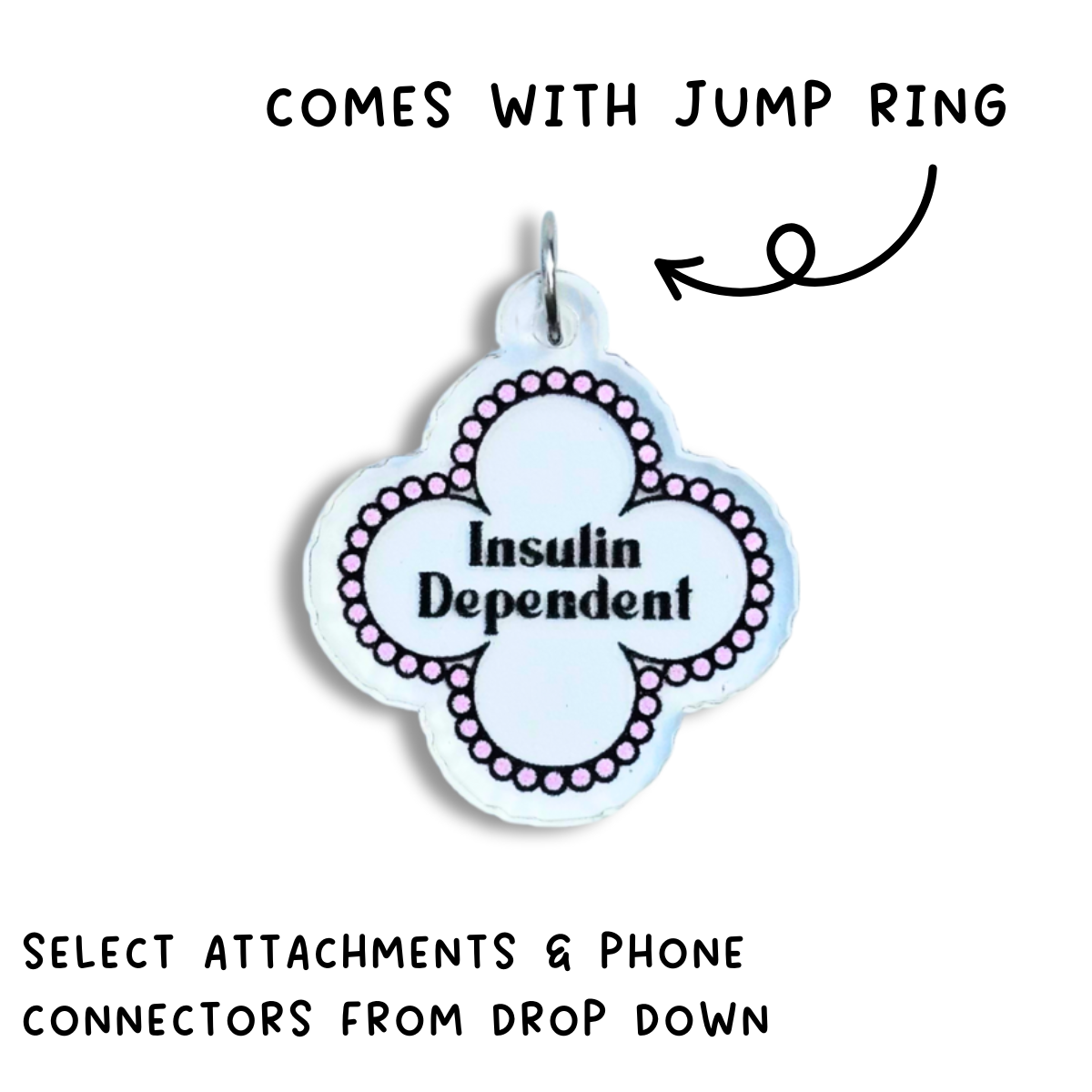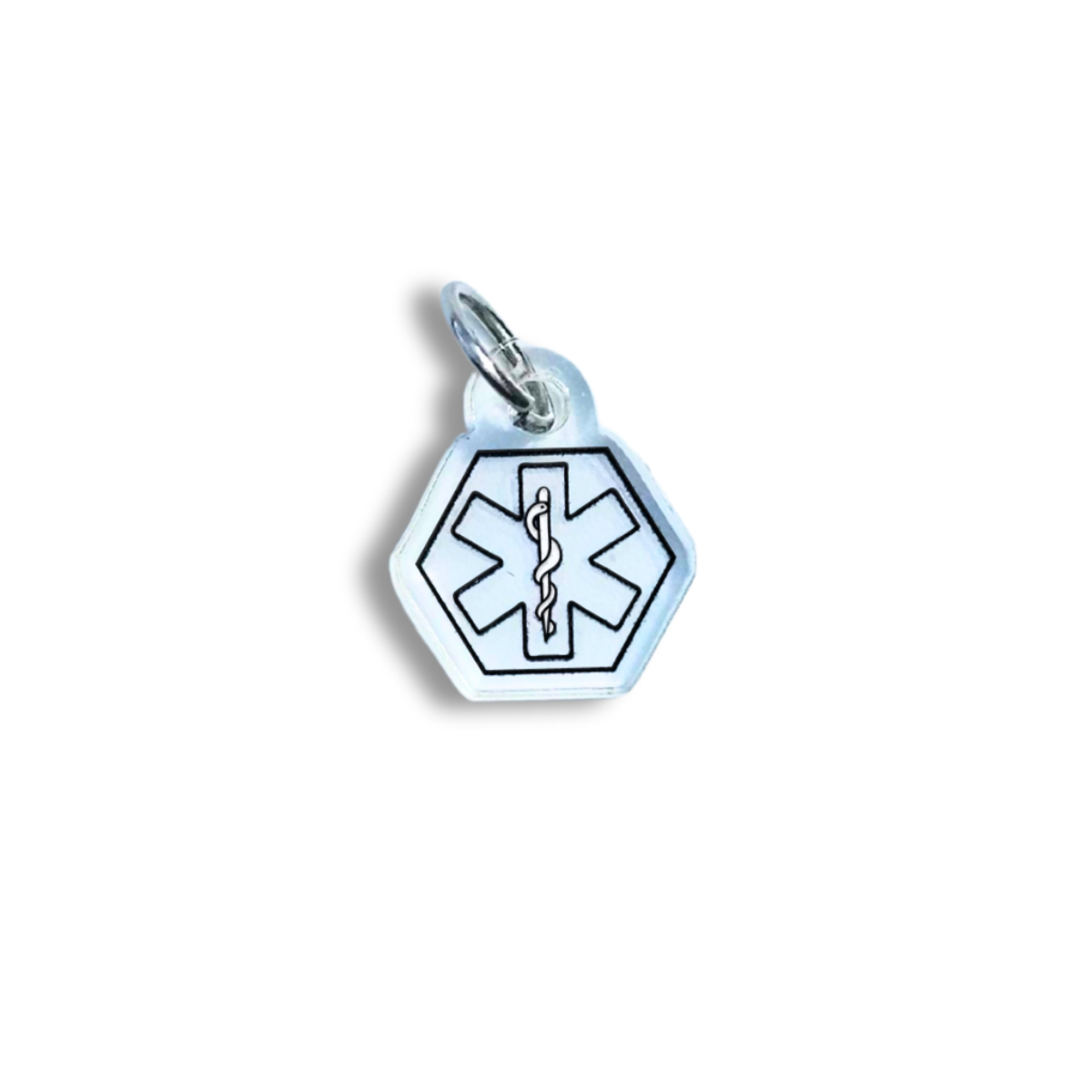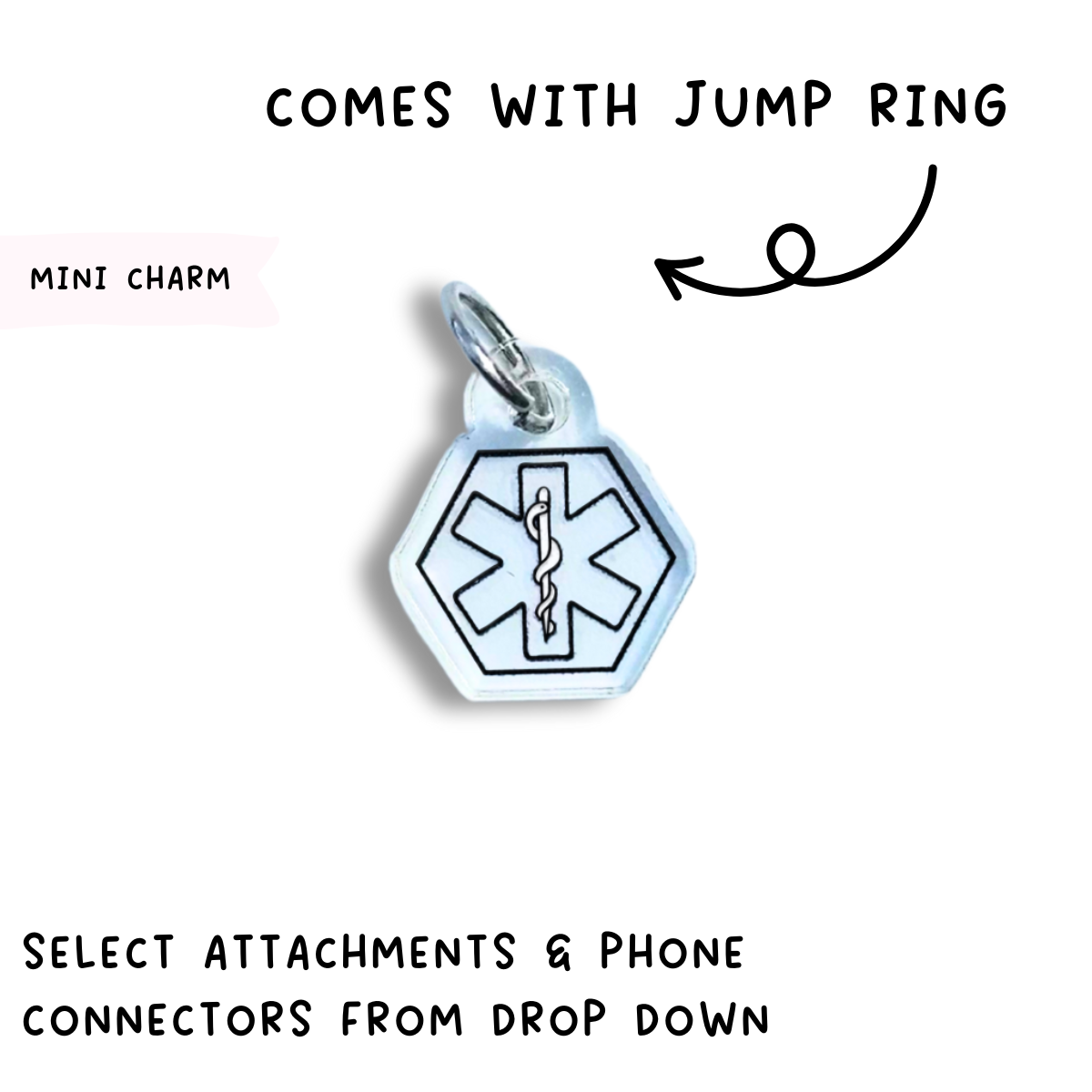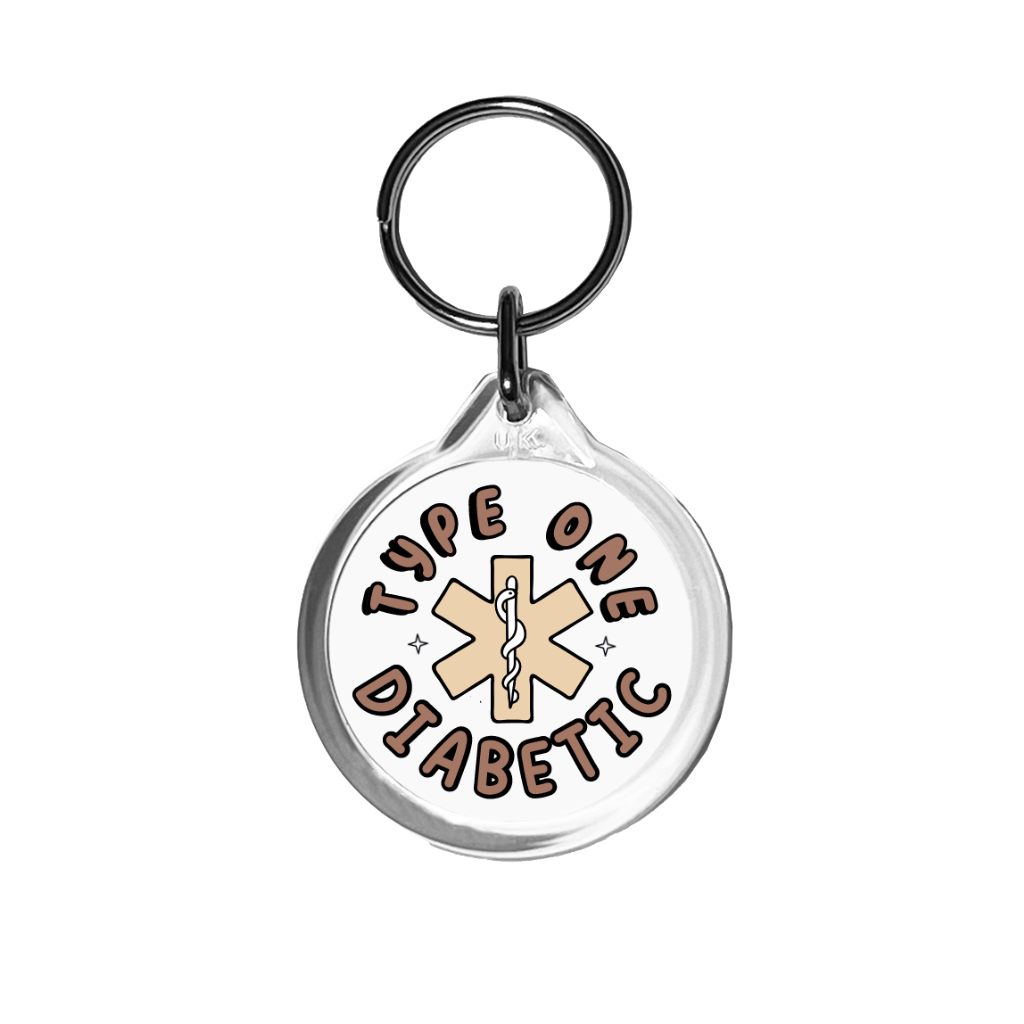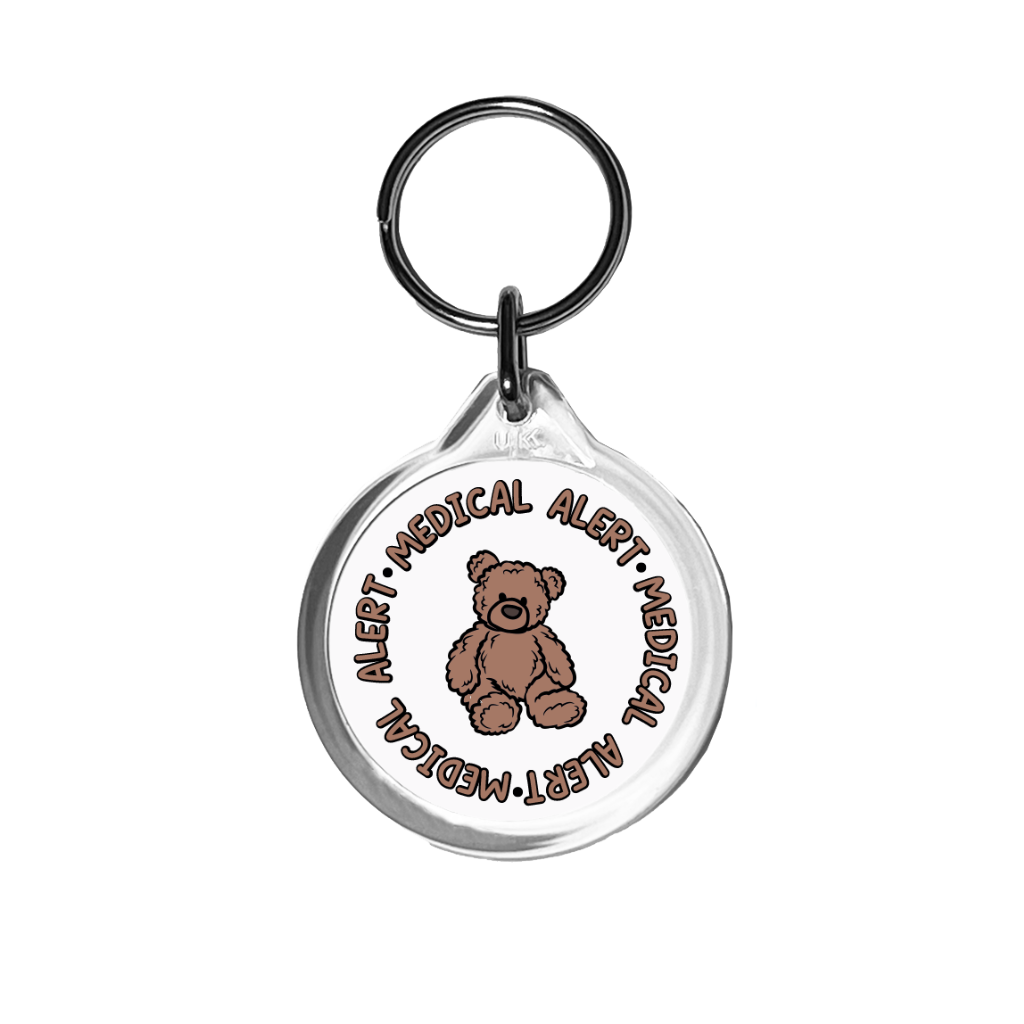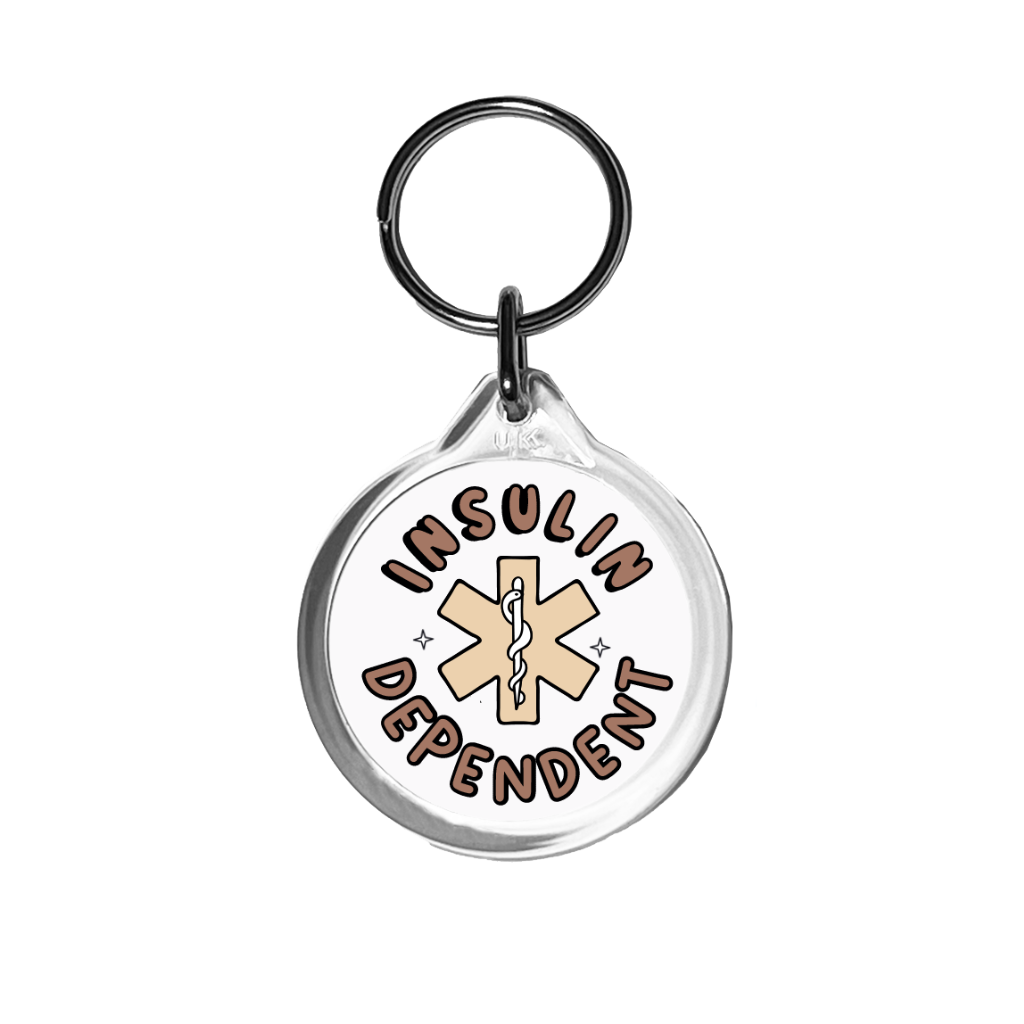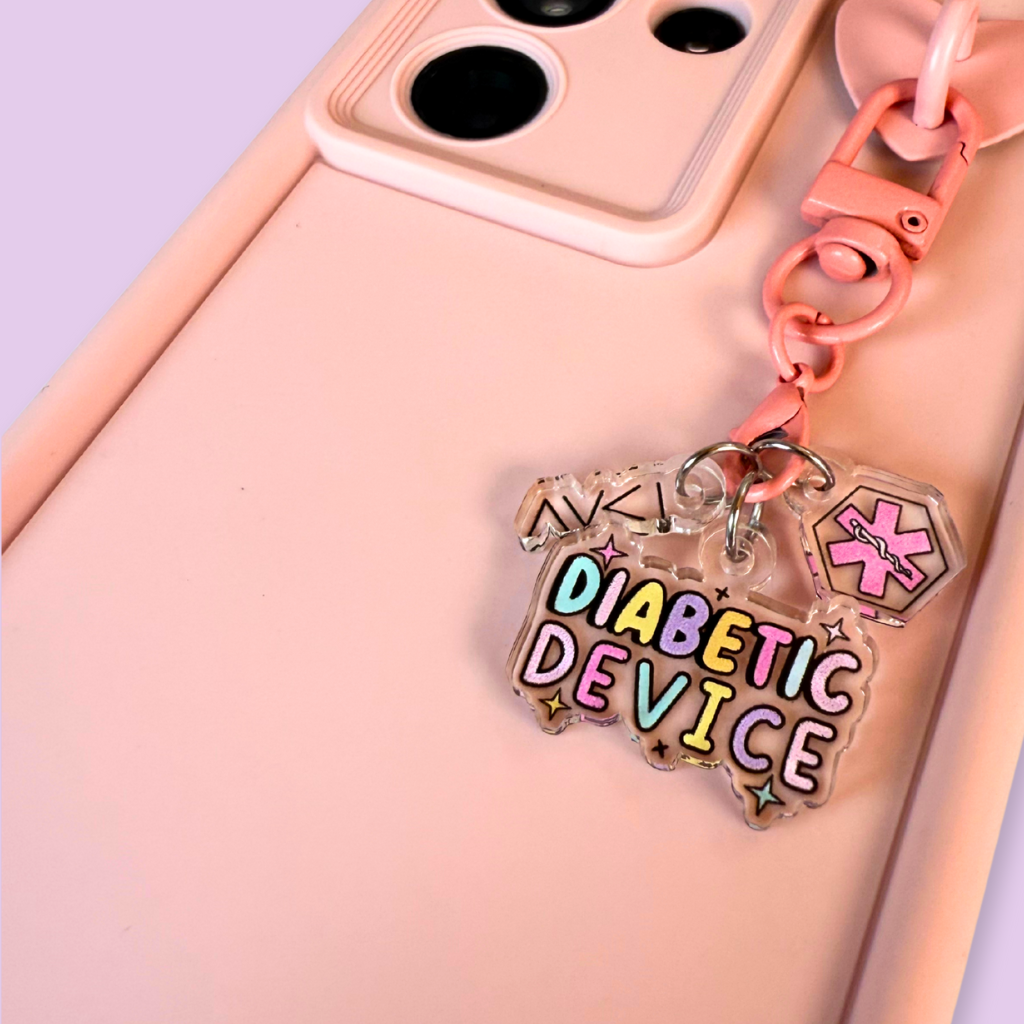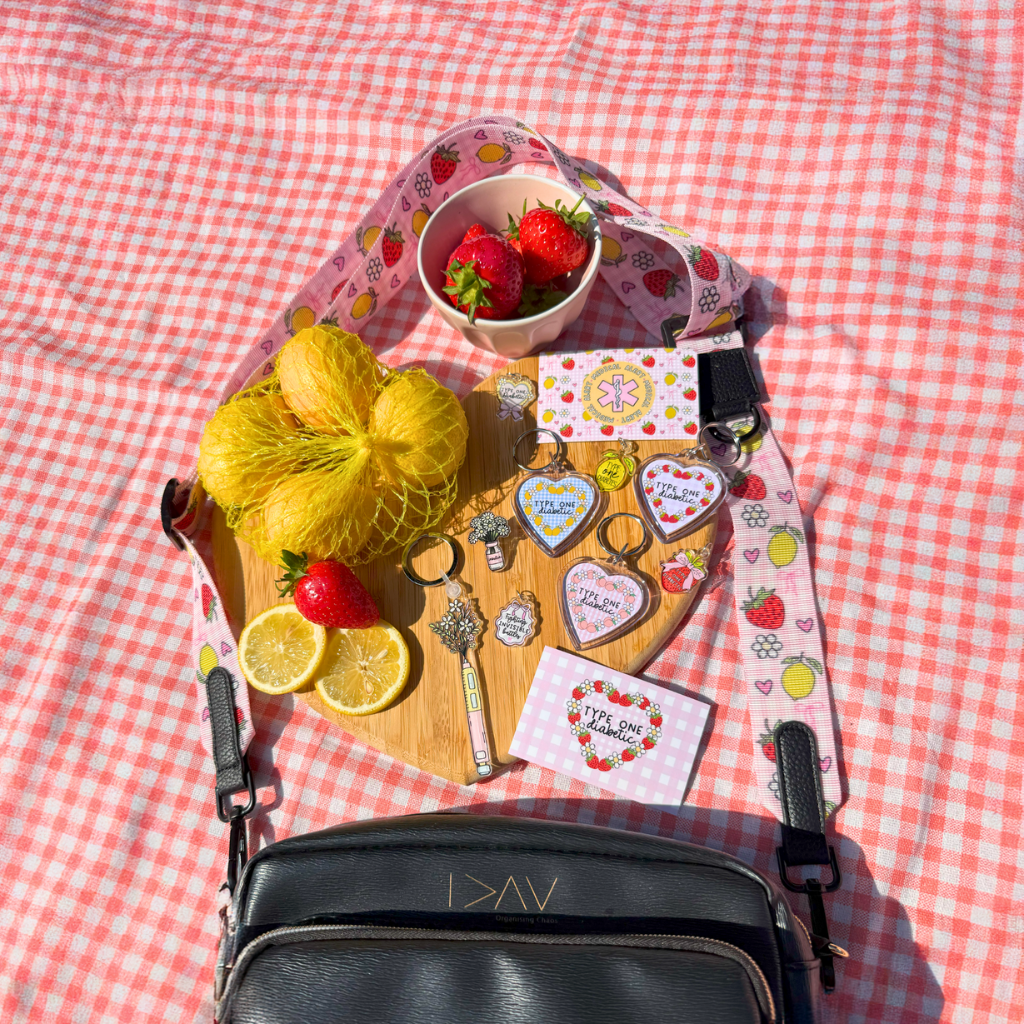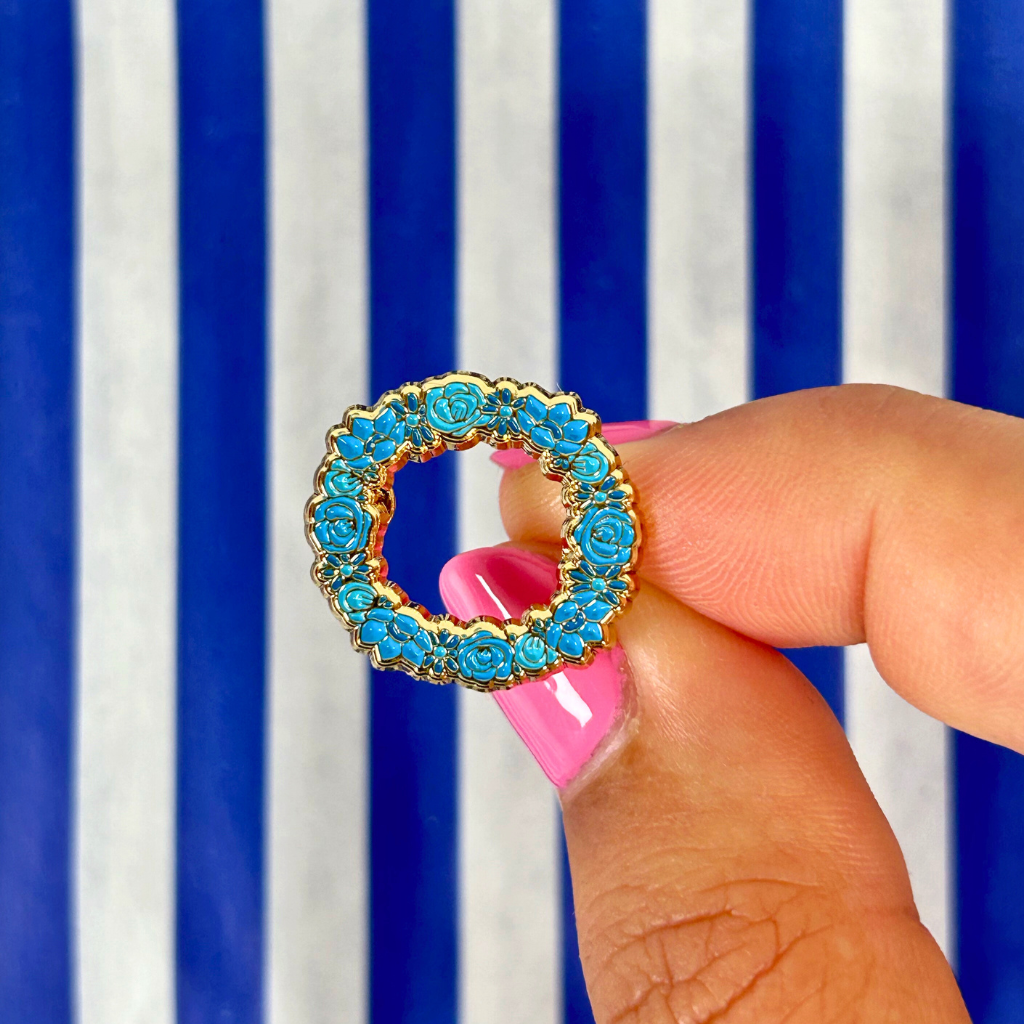Have you ever found yourself reaching for a 'diabetic' chocolate bar, thinking it's a safer option for managing your blood sugar levels? Or perhaps you've stocked up on 'diabetic' snacks, believing they offer some sort of special benefit for your health. Well, it's time to set the record straight. In this post, we're diving deep into the world of 'diabetic' foods, debunking myths, and shedding light on why these products are now a thing of the past.
When I was younger, on every occasion (Birthdays, Christmas, Easter…) my grandparents used to gift me Diabetic Chocolate from Thorntons. I used to think it was special chocolate made just for me, and I could eat it without having to take my medicine. Little did I know back then, that these Diabetic chocolates contained just as much, if not more, carbs than normal chocolate.
I think it’s a common misconception that "Diabetic Friendly" or "Sugar Free" products mean you don't have to inject insulin for them! Please believe, I used to eat all the “diabetic sweets” thinking it wouldn't affect me but they still made my blood sugars rise. This is because most "Diabetic Foods" are made with sugar alcohols which are still very high in carbohydrate and will affect your blood sugars just as non-sugar free foods would. And even when they are made with sweetener they can still contain carbs too.
When I found this out, my mind was blown! All these years I had been lied to by these companies. I was so embarrassed that I didn't know this before!
1. Say Goodbye to 'Diabetic' Chocolate: One of the biggest misconceptions surrounding 'diabetic' foods is their perceived healthiness. However, the truth is, 'diabetic' chocolate is just as high in fat and calories as ordinary chocolate. Not only can it still raise blood sugar levels, but it's often more expensive too. So, next time you're craving a sweet treat, opt for a small portion of your favourite chocolate and enjoy it guilt-free.
2. Legal Alert: The End of 'Diabetic' Foods: Did you know that calling foods 'diabetic' is now against the law in the UK? And for good reason. There simply isn't any evidence that these foods offer any special benefit over eating a healthy, balanced diet. In fact, some 'diabetic' foods can even have a laxative effect, causing more harm than good. It's time to bid farewell to these misleading labels and focus on nourishing our bodies with real, nutritious foods. Find out more from Diabetes UK
3. Embracing a Balanced Approach: Rather than relying on 'diabetic' foods, it's essential to adopt a balanced approach to eating. This means enjoying a variety of foods in moderation, monitoring your portion sizes, and paying attention to how different foods affect your blood sugar levels. By making informed choices and listening to your body, you can better manage your diabetes and improve your overall health and well-being.
It's time to say goodbye to 'diabetic' foods and embrace a healthier, more balanced approach to eating. Together, let's rewrite the narrative and empower ourselves to live our happiest, healthiest lives.














